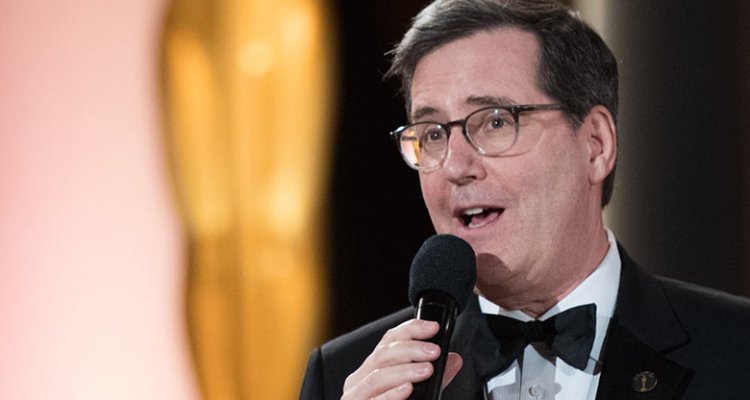The reign of John Bailey has mercifully come to an end and the Academy of Motion Picture Arts and Sciences now has a new president, David Rubin. The first Casting Director to be AMPAS President, Rubin also is the second white male to hold the position after Cheryl Boone Isaacs impressive run from 2013-2017. Is that a mistake? Should it even matter when the Academy is trying to diversify it’s ranks and the industry itself?
Ponder.
The Academy also announced the Board of Governors for the current term.
Lois Burwell, First Vice President (chair, Awards and Events Committee)
Sid Ganis, Vice President (chair, Museum Committee)
Larry Karaszewski, Vice President (chair, Preservation and History Committee)
Nancy Utley, Vice President (chair, Education and Outreach Committee)
Mark Johnson, Treasurer (chair, Finance Committee)
Bonnie Arnold, Secretary (chair, Membership and Governance Committee)
Rubin is beginning his first term as president and his seventh year as a governor representing the Casting Directors Branch. Burwell, Ganis, Karaszewski and Utley were re-elected to their posts. This will be the first officer stint for Arnold and Johnson. The later was also a longtime chair of the Foreign Langauge Film, now International Film, committee.
Rubin will have some pressing issues to deal with. The Academy has once again delayed the opening of the Academy Museum from later this year to sometime in 2020. AMPAS also saw the resignation of museum director Kerry Brougher after five years of guiding the project. It’s also unclear if the Academy has raised the original $388 million budgeted to complete the project.
Rubin and the Board of Governors are also on the lookout for new Oscar producers after last year’s showrunners, Donna Gigliotti and Glenn Weiss, appear intent on taking at least one year off. Last year’s “host-less” show saw ratings rise 12% from the year before, but it was still the second-lowest all-time viewership for the telecast. How the Academy and ABC move forward remains to be seen.
Bailey’s two-year term was full of controversy almost completely fueled by social media fervor. A year ago he spearheaded the idea of a “Popular Film” category that became his first public relations disaster. Then Kevin Hart first accepted and then declined to host the Academy Awards after homophobic tweets he made in 2010 were brought to light. That was followed by a plan to cut some of the 24 categories from the Oscar telecast on a rotating basis. Not only were cinephiles and the industry overall appaled, but the general AMPAS membership was furious after not having a say in such a decision. That decision was quickly reversed.
While his predecssor could not anticipate or handle the pressures of social media on the AMPAS membership, Rubin will have to master it if he hopes for his term to be a succesful one. If not, both he and the Board of Governors will find themselves repeating the dramatic mistakes of the past two years and likely unable to make any significant changes to not only the Oscars, but the Academy itself.


